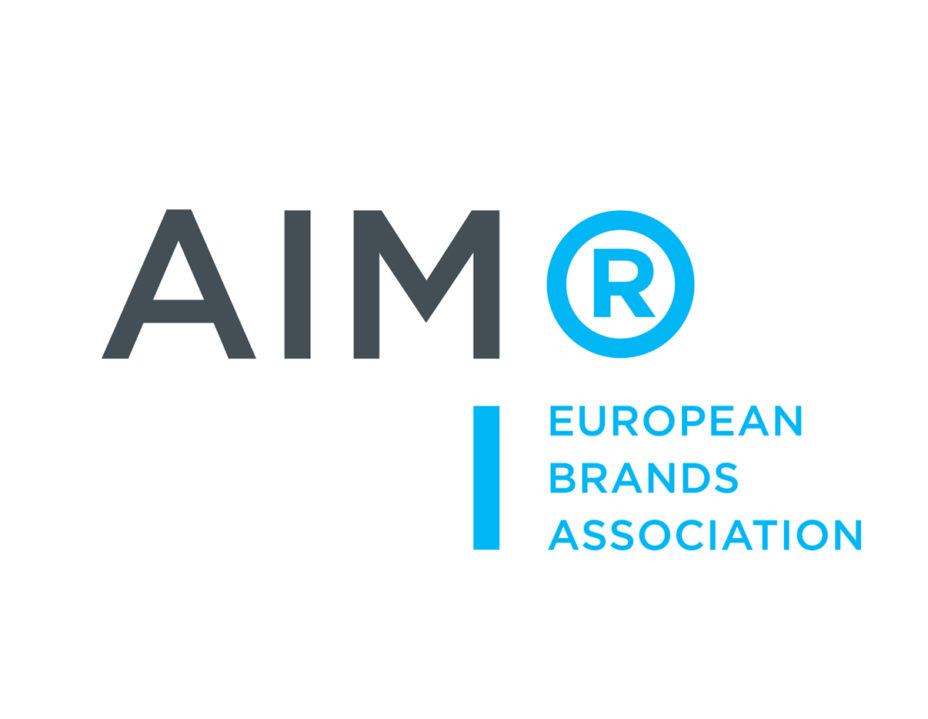
News & positions
AIM publishes statement on ECON/ITRE opinions for the Digital Markets Act
Brussels, 3 November 2021 – AIM, the European Brands Association, welcomes the adoption last week by the Economic & Monetary Affairs (ECON) and Industry (JURI) Committees of the European Parliament of opinions laying out their views on the Commission’s proposal for a Digital Markets Act (DMA), released in December 2020, aimed to feed into the Parliament’s negotiating position on this draft bill.
Several proposed changes in the ECON/ITRE opinions are most welcome, including inter alia:
- The inclusion of the existence of a ‘conglomerate corporate structure’ among the qualitative criteria that the Commission may consider to designate platforms that have subsidiaries forming digital ecosystems as gatekeepers when they don’t meet the quantitative criteria to be designated automatically as such.
- The clarification that business users can offer products and services on their own sales/distribution channels at different prices or conditions than those offered for sale on gatekeepers.
- The suggestion made in the ECON opinion to make the prohibition to use data obtained from their business users to compete with them unconditional, in contrast to the Commission’s proposal which made it conditional.
- The inclusion in the ITRE opinion of a new obligation on gatekeepers to provide business users with their algorithm’s main parameters of aggregation, selection and presentation of products and services.
AIM therefore calls on members of the Internal Market (IMCO) Committee of the European Parliament – the lead parliamentary committee on this file – to incorporate those changes into their report which they will adopt in early December of this year.
AIM has some reservations, however, over several suggestions made in ECON/ITRE opinions and which we’d urge IMCO members to disregard in their report, notably:
- Maintain a close list of ‘core platform services’ that can be designated as gatekeepers, as opposed to an open list, which would enable to make the DMA future-proof, as new online business models (such as online retail services) develop.
- Make the ban on self-preferencing in ranking conditional, while it should be made unconditional.
- Make the access to business users’ (sales) data generated on gatekeeper platforms conditional, while it should be made unconditional in order to remove the asymmetry of information existing between gatekeeper platforms and their business users, especially as some gatekeepers directly compete with them for some products offered for sale on their services.

We urge the IMCO Rapporteur and Shadow Rapporteurs to take these views into account as they now work out a new version of compromise amendments to the IMCO draft report on the DMA. This would ensure the future-proofness of the DMA and its ability to capture and effectively address gatekeepers’ practices whose conduct may turn out to be unfair now and in the future. It would also avoid loopholes and shifts in gatekeepers’ distribution business models that would leave them unregulated.
AIM calls, moreover, on EU lawmakers to add a Recital providing needed specification and granularity as to which types of data must be provided by gatekeepers to their business users so they are able to understand how their products get sold on gatekeeper platforms and can improve their offer, invest in new products, as well as adapt to market needs and evolution.
Contact
For further information, please contact: Amaury Libbrecht
Tel: +32 2 736 03 05 • Email: amaury.libbrecht@aim.be
About AIM
AIM (Association des Industries de Marque) is the European Brands Association, which represents manufacturers of branded consumer goods in Europe on key issues that affect their ability to design, distribute and market their brands. AIM’s membership comprises 2500 businesses ranging from SMEs to multinationals, directly or indirectly through its corporate and national association members.
